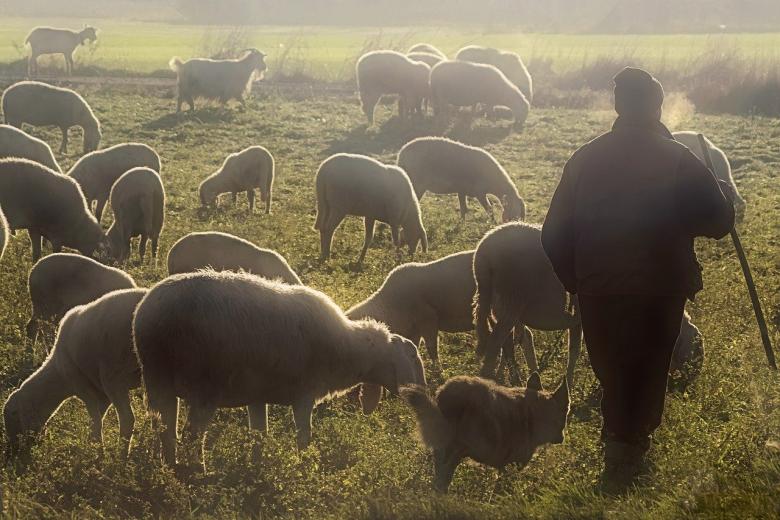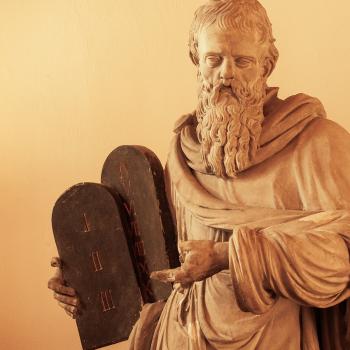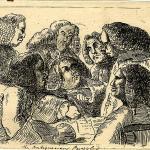
Image by Sergio Cerrato – Italia / Pixabay
There are 4 accounts of the life of Jesus in our modern, Western Bible. However, these are not the only accounts we have, and we can assume there are many others that did not survive history. This is where we find ourselves – let’s talk about what people have written about Jesus in the past. We’ll talk about the Gospels as we move through this series, but first up is the Q gospel – what is it and why the strange name? (sorry, it’s not as much of a conspiracy as the name might suggest).
The Mysterious Q Gospel
The majority of scholars today agree that the gospel of Mark was the first gospel written. However, when examining Matthew and Luke, there are a number of similar, sometimes identical, passages that do not align with Mark. The data would suggest a second gospel that was in circulation around the same time.
This second document was labeled as source, “Quelle” in German and shortened to Q, is a hypothetical grouping of sayings of Jesus that would have been available to the writers of Matthew and Luke. These writers would have taken the Gospel of Mark and Q and combined them to their own audiences. There are several reasons as to why this Two Document and Marcan Priority should be accepted considering our current records.
John S. Kloppenborg makes a compelling argument for this by noting what is shared by the three Gospel writers and what is different between the three. For example, Mark and Matthew agree without Luke, and Mark and Luke agree without Matthew, however Matthew and Luke do not agree against Mark. Kloppenborg says that a good hypothesis cannot prove everything, but rather should be able to provide a good approximation of most of the data most of the time. While Q is a strong hypothesis for the Synoptic Gospels, it should be put in context with the whole to see if we need to find a missing source for the Gospel accounts.
What Does the Q Source Say?
The Q Source does not have a flushed out theology of Jesus. Rather than focusing on Christology or prophetic implications, Q is most interested in how one ought to live their life in the light of the kingdom of God. What makes the voice of Q stand out is that it includes many rural images, including men in the field and women at the grindstone, those who farm and those who spin. In addition to the rural daily activities, there is a great deal of economic justice. The measure one judges will be used against them as well (Q 6:37-38) and the Lord’s Prayer is a literal debt-canceling prayer. “The Q prayer proposes a quid pro quo: God will cancel their debts if the Q folk cancel each other’s debts.”
The Q gospel has many differences, but the sayings point towards the importance of orthopraxy over orthodoxy. The real-life changes that a rural peasant may experience by adhering to the teachings of Jesus would far outweigh a future home in heaven. While the Synoptic Gospels don’t shy away from the immediate need for action, the theologized life of Jesus contains more than a simple call to action. The Last Supper is a call to remembrance where the Q Gospel is a deed to be done. We see this gospel in the book of James as well and the focus of the life of Jesus without the necessity of death and resurrection. This gospel allows us to open the idea of what a gospel is. The Q Source and its rural first century followers allows us – or maybe forces us – to reconsider what it means to be Christian.
What Now?
While learning more about how the Gospels came together can be really interesting, just knowing this would seem very anti-Q. Q is calling us to action. Just like the rural listeners of Jesus had real concerns – their farms, business, etc. – so do we. We should continue to look for ways to enact real change in the lives of others and ourselves.














